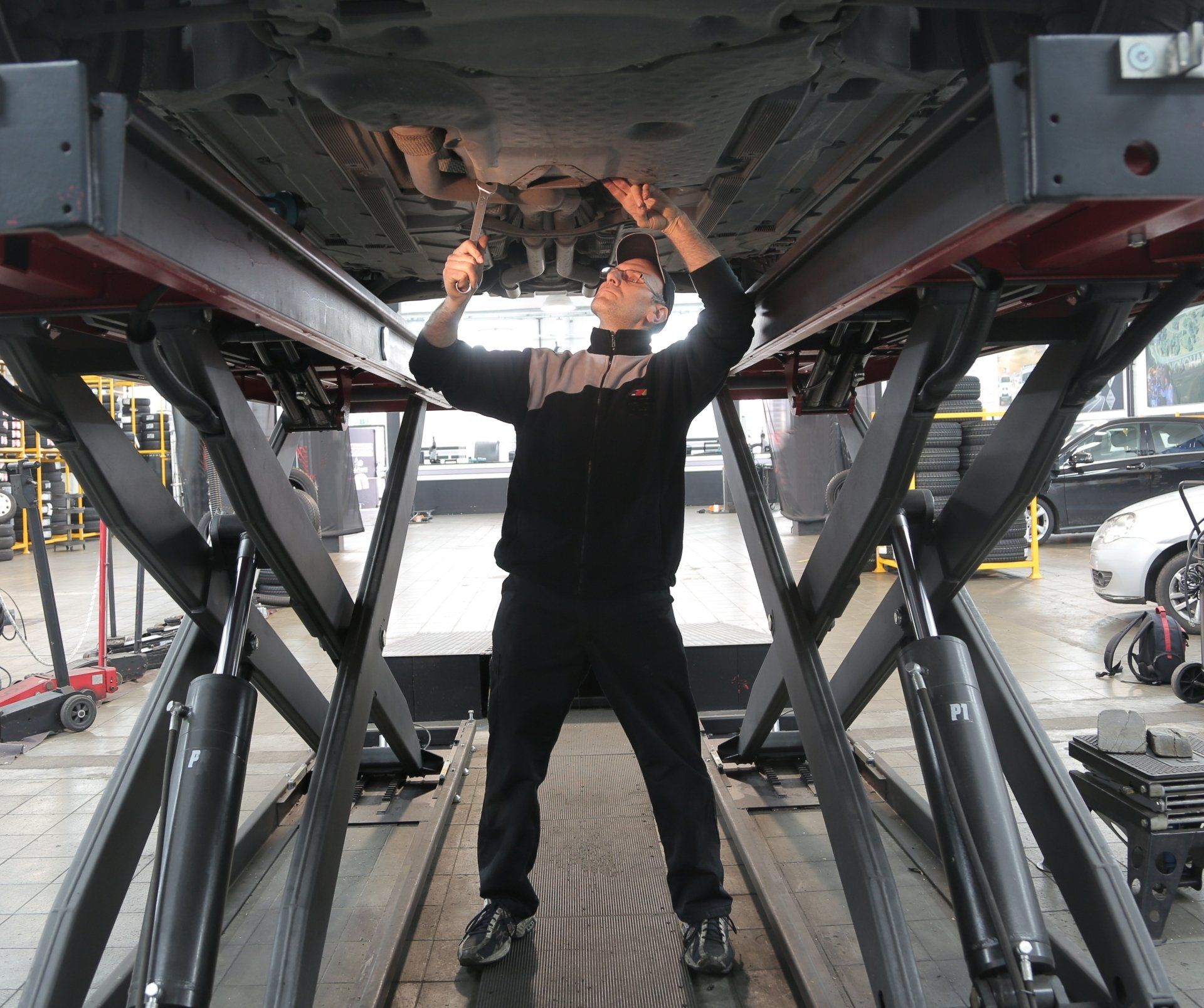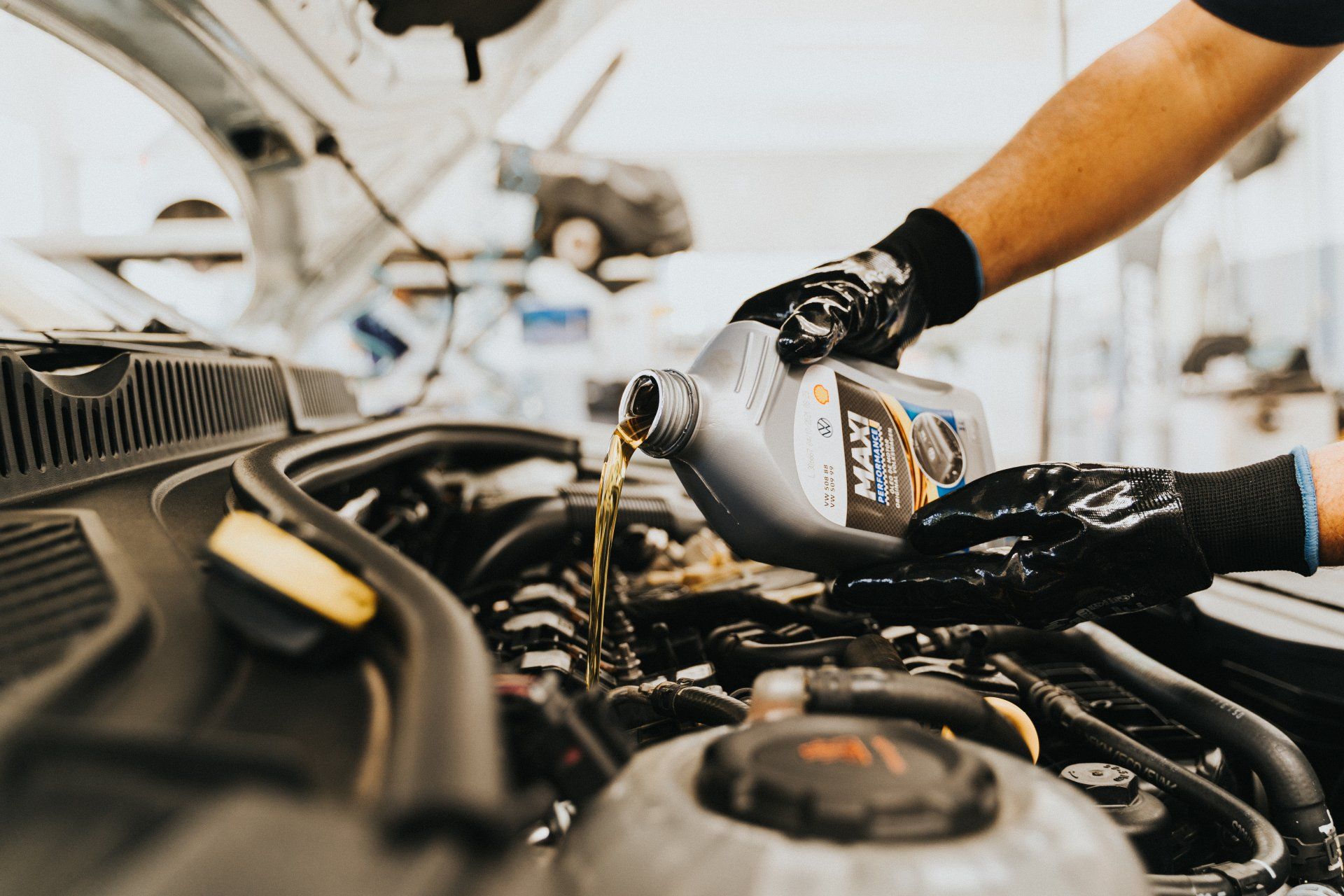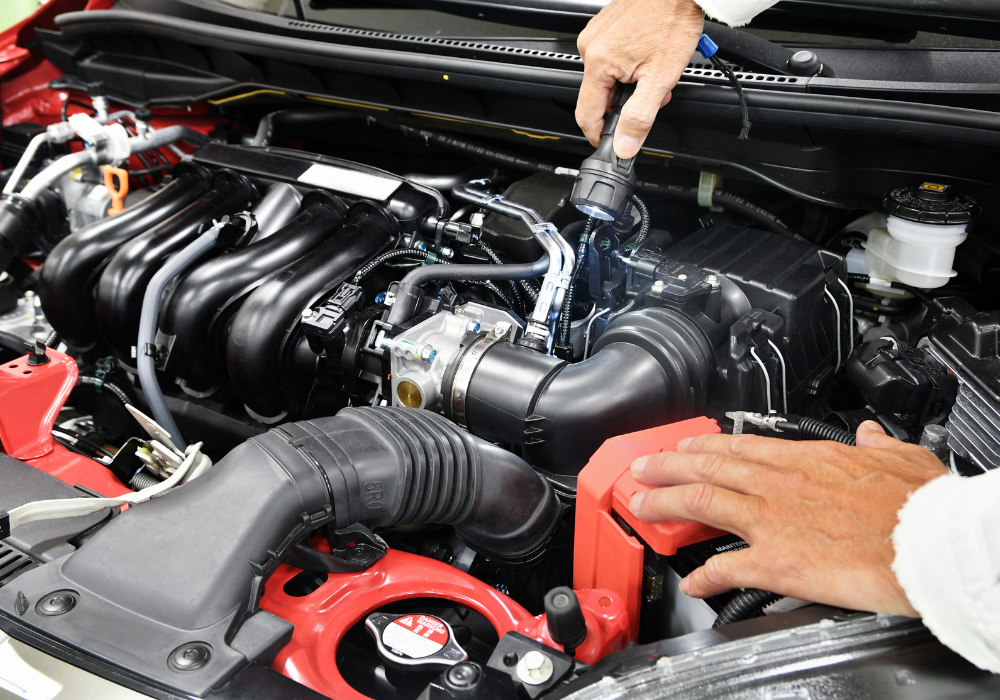Everything You Need To Know About Vehicle MOT Test
What is an MOT test
An MOT test is a mandatory annual test for vehicles over 3 years old in the United Kingdom. The test stands for "Ministry of Transport" and is designed to ensure that vehicles meet the minimum legal standards for roadworthiness and safety. During an MOT test, a vehicle is thoroughly inspected for various components, including its brakes, tires, lights, and emissions. The results of the test are used to determine whether a vehicle is safe to drive on the road. If a vehicle fails the test, the owner must have the necessary repairs made and have the vehicle retested before it can legally be driven again.
What are the different types of MOT test
In the UK, there are several types of MOT tests that are performed on different types of vehicles:
- Class 1 (motorcycles under 200cc): An MOT test for motorcycles with an engine size of less than 200cc.
- Class 2 (motorcycles over 200cc): An MOT test for motorcycles with an engine size over 200cc.
- Class 3 (3-wheeled vehicles, including trikes): An MOT test for 3-wheeled vehicles, including trikes and 3-wheeled cars.
- Class 4 (cars and vehicles with up to 8 passenger seats): An MOT test for cars and vehicles with up to 8 passenger seats.
- Class 5 (vehicles with more than 8 passenger seats): An MOT test for vehicles with more than 8 passenger seats, such as buses and minibuses.
- Class 7 (goods vehicles over 3,000 kg up to 3,500 kg DGW): An MOT test for goods vehicles with a maximum gross weight (DGW) of up to 3,500 kg.
It's important to note that the specific requirements for each class of vehicle can vary, and the types of tests performed may also vary depending on the age, make, and model of the vehicle.
Does my vehicle need an MOT test
In the UK, most vehicles over 3 years old are required to have an MOT test annually to ensure that they meet the minimum legal standards for roadworthiness and safety. If your vehicle is over 3 years old and you plan on using it on public roads, it will need to pass an MOT test. The only exceptions to this requirement are vehicles that are exempt from needing an MOT, such as vehicles that are registered as historic.
You can check the MOT status of your vehicle and when it's due for its next test by visiting the government's MOT history website and entering your vehicle's registration number. It's a good idea to book your MOT test in advance to ensure that you have enough time to make any necessary repairs before your current certificate expires.
If you need an MOT test in the next month it is best to get your vehicle booked in with plenty of time to spare. You can book your vehicle in by completing our online form on our Contact Page
What classifies as a historic vehicle
In the UK, a historic vehicle is generally defined as a vehicle that is over 40 years old and has not been substantially altered or modified from its original specification. Historic vehicles are exempt from the annual MOT test requirement, as it is assumed that they are only used for limited purposes, such as on special occasions, exhibitions, or for recreational purposes.
To be classified as a historic vehicle, you must apply to have your vehicle exempt from the MOT test. You will need to provide evidence of the age of the vehicle, such as a letter from the manufacturer or old logbooks, and demonstrate that the vehicle has not been substantially altered or modified.
It's important to note that even though historic vehicles are exempt from the MOT test, they still must meet certain roadworthiness requirements and be kept in a safe condition for use on public roads. The driver can still be held responsible for the roadworthiness of the vehicle and may be subject to fines or other penalties if the vehicle is found to be unsafe.

What is inspected during an MOT Test
An MOT test in the UK covers several key areas of a vehicle to ensure that it meets the minimum legal standards for roadworthiness and safety. The exact tests that are performed can vary slightly depending on the type of vehicle, but generally, the MOT test covers the following:
- Lights: This includes the headlights, tail lights, brake lights, indicators, and number plate lights.
- Steering and suspension: This includes the condition of the steering wheel, steering column, and suspension components, such as the shocks and springs.
- Brakes: This includes the condition of the brake discs, pads, and shoes, as well as the operation of the handbrake.
- Tyres: This includes the condition of the tyres, including tread depth and sidewall damage, as well as the pressure of the tyres.
- Seatbelts: This includes the condition of the seatbelts and their anchorage points.
- Body and structure: This includes the condition of the body and structure of the vehicle, such as the doors, wings, and floor pan.
- Exhaust, fuel, and emissions: This includes the condition of the exhaust system, fuel system, and emissions controls.
- Driver's view of the road: This includes the condition of the windscreen, windows, and mirrors.
The MOT test is a visual inspection and does not involve any disassembly of the vehicle. The goal of the test is to identify any defects or problems that could affect the safety of the vehicle and its occupants, or contribute to harmful emissions. If any defects are found, the vehicle owner must have them repaired and have the vehicle retested before it can legally be driven on public roads.
---------------------------------
An MOT test is not a guarantee of reliability or safety
An MOT test is not a guarantee of the safety or reliability of a vehicle, but rather a check to ensure that the vehicle meets the minimum legal standards for roadworthiness and safety. The MOT test is designed to identify any obvious defects or problems that could affect the safety of the vehicle and its occupants, or contribute to harmful emissions.
However, the MOT test is only a snapshot in time and does not guarantee that a vehicle will remain roadworthy and safe for the entire year. Other factors, such as regular wear and tear, driving conditions, and maintenance, can all impact the safety and reliability of a vehicle.
It's important for vehicle owners to regularly check their vehicles for any issues and to have them serviced as necessary to ensure that they remain roadworthy and safe to drive. Additionally, it's a good idea to have a professional mechanic inspect the vehicle periodically, even if it has recently passed an MOT test, to identify any potential issues before they become serious problems.
---------------------------------
What the reasons my car could fail an MOT
The most common reasons that a vehicle may fail its MOT test are as follows:
- Tyres: Incorrect tyre pressure, tread depth below the legal limit, sidewall damage, or incorrect size of tyre.
- Lights: Faulty or inoperative lights, such as headlights, tail lights, indicators, and brake lights.
- Brakes: Worn or damaged brake pads or shoes, worn or damaged brake discs, or issues with the handbrake.
- Suspension: Worn or damaged suspension components, such as shocks and springs.
- Exhaust: Issues with the exhaust system, such as leaks, corrosion, or parts that are missing.
- Emissions: Vehicles that emit excessive levels of pollutants or have faulty emissions control systems.
- Body and structure: Rust or corrosion on the body and structure of the vehicle, such as the doors, wings, and floor pan.
- Windscreen: Chips or cracks in the windscreen or other windows that obstruct the driver's view of the road.
- Seatbelts: Faulty or damaged seatbelts, or seatbelts that are not securely anchored.
These are the most common reasons for a vehicle to fail its MOT test, but there may be other reasons as well, depending on the type of vehicle and its condition. It's a good idea to have your vehicle inspected by a professional mechanic before the MOT test to identify any potential issues and ensure that it is roadworthy and safe to drive.

Do I still need to service my car if it has passed its MOT
Yes, even if a vehicle has passed its MOT test, it is still important to have it serviced regularly to ensure that it remains roadworthy and reliable. An MOT test is only a snapshot in time and does not cover all aspects of a vehicle's condition. Regular servicing can help to identify and address any potential issues before they become serious problems, ensuring that the vehicle remains safe and reliable for the long term.
A typical service will include an inspection of the engine, transmission, and other key components, as well as a check of the vehicle's fluid levels, belts, and hoses. The mechanic may also perform tests to check the condition of the battery, charging system, and electrical components.
The frequency of services will depend on the type of vehicle and its usage, but it's generally recommended to have a service every 12,000 miles or 12 months, whichever comes first. Consult the vehicle's owner manual or speak with a professional mechanic for specific recommendations for your vehicle.
---------------------------------
What should I do if my car fails its MOT
If your car fails its MOT, you will need to have the necessary repairs carried out and then have it re-tested. Here are the steps you should follow:
- Review the MOT certificate: The certificate will indicate the specific reasons why your car failed the test, so make sure you understand what needs to be fixed.
- Get repairs carried out: You can either have the repairs done by a professional mechanic or carry them out yourself if you're confident in your ability to do so.
- Re-test: Once the repairs have been completed, you can book a re-test. Some testing centers will offer a free re-test within a certain time period, so make sure to check with the center where you had the original test done.
- Keep records: Keep a record of the repairs carried out, along with receipts and invoices, in case you need to provide proof of the work at a later date.
It's important to get the necessary repairs carried out promptly, as driving a vehicle that has failed its MOT can be illegal and can also be dangerous. Remember, an MOT test is designed to identify any obvious defects or problems that could affect the safety of the vehicle and its occupants, or contribute to harmful emissions, so it's important to have these issues addressed as soon as possible.
---------------------------------
What are MOT Advisories
Advisories on an MOT certificate are items on your vehicle that are found to be in a less than satisfactory condition but do not immediately fail the MOT test. Advisories are issued to inform you that the item in question may need attention in the near future and should be monitored.
Some common examples of MOT advisories include:
- Tyres: Tyres that have reached the minimum legal tread depth but still have a considerable amount of wear left.
- Lights: Lights that are slightly misaligned or have surface rust on them.
- Brakes: Brakes that are showing signs of wear but are still functioning correctly.
- Suspension: Suspension components that have some wear but are still functioning correctly.
- Exhaust: Exhaust components that have some surface corrosion but are still securely attached.
- Emissions: Vehicles that are close to failing the emissions test but still pass.
It's important to address any MOT advisories as soon as possible to ensure that your vehicle remains roadworthy and safe to drive. If you're unsure how to address an advisory, a professional mechanic can advise you on the necessary repairs.
It's also a good idea to keep a record of any advisories and to have them checked during your next service to make sure that they have been resolved.
For more information visit our
Servicing and MOT
Page
Contact Us
We will get back to you as soon as possible.
Please try again later.
Berkshire Car Care is specialises in car servicing, MOT test, mechanical or bodywork repairs. We can provide high quality professional workmanship with outstanding customer service. Located on Lambs Farm Business Park in Swallowfield, we service customers throughout the region, including Spencers Wood, Farley Hill, Riseley, Burghfield, Shinfield, Aborfield, Three Mile Cross, Swallowfield, Finchampstead, Mortimer and South Reading.
Uber GT
Unit L, Lambs Farm Business Park,
Basingstoke Rd,
Swallowfield,
Reading RG7 1PQ
- Mon - Fri
- -
- Sat - Sun
- Closed








